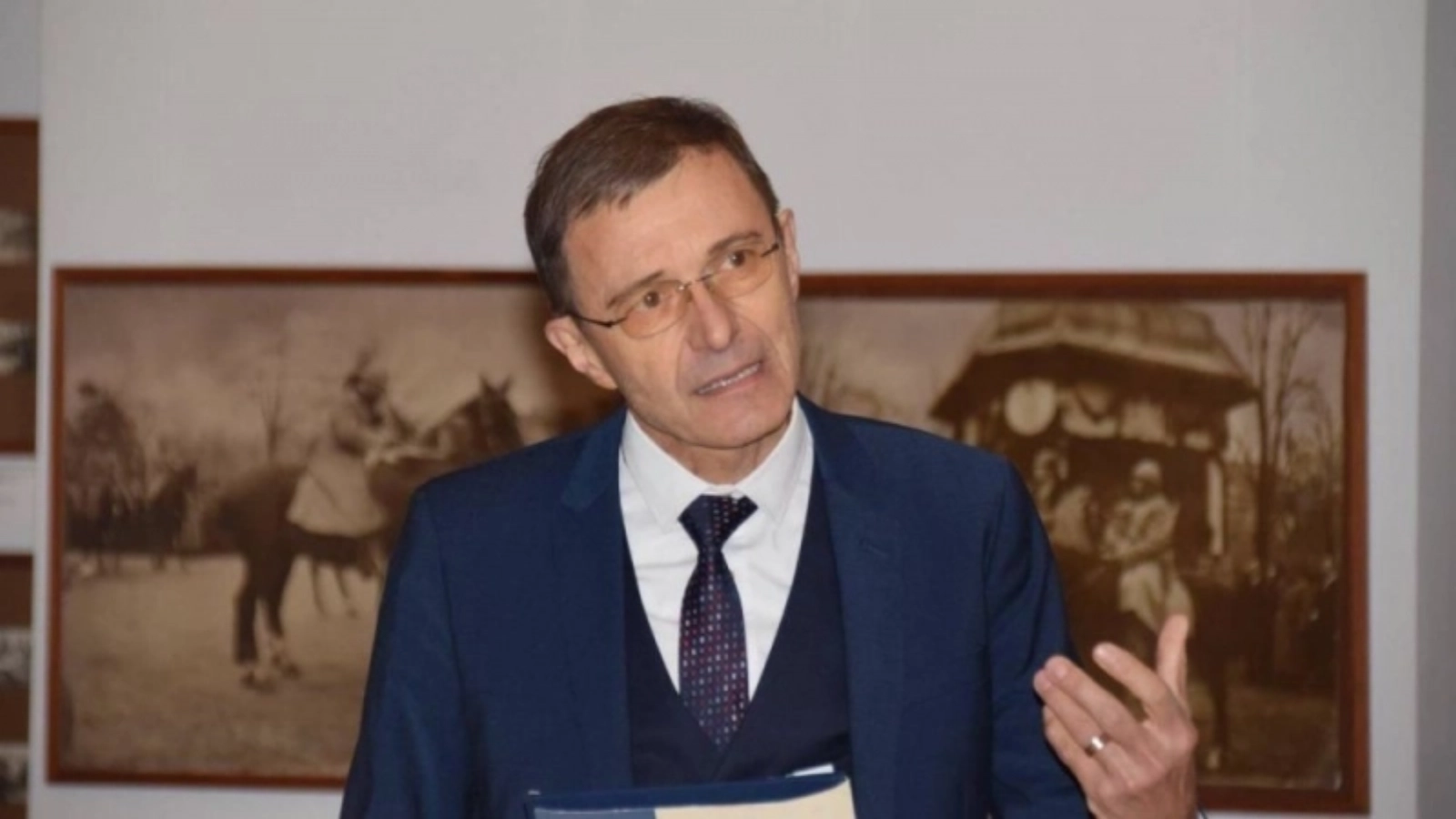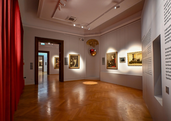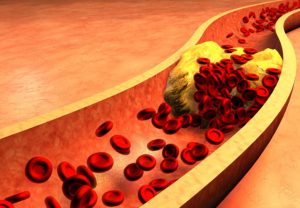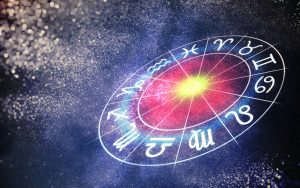President of the Romanian Academy, Ioan-Aurel Pop, advocates keeping history and geography as independent disciplines in the school curriculum, arguing that these subjects help build general culture and orientation in contemporary life, as well as elementary orientation in space.
"What education managers do not understand is something very simple: history means general culture and orientation in contemporary life, not superfluous data and facts about a world long bygone. And geography means elementary orientation in space, and not names that must be memorized. Today, children and youth have the great opportunity to travel, to see the world, to enjoy the great creations of mankind from all times and in all spaces, from prehistory to the era of cosmic flights and from Lapland to Patagonia. If we no longer learn history and geography, if we despise these forms of adaptation to life, if we are afraid of their contents, we will end up traveling to Latin America and believing that the people there speak Latin, we will see the Egyptian obelisks in Paris and think this is where ancient Egypt was, we'll enter the British Museum and believe that some of the exhibits there were brought by aliens," Pop wrote on Facebook on Wednesday.
According to him, history pertains to society, to large communities and civilizations and must be studied as such, so that the students can see the whole picture.
"What do we gain if we teach the student that the 'Declaration of the Rights of Man and of the Citizen' adopted during the Great French Revolution (1789) has revolutionized the European and American society, if the student learns nothing about the history of France, of Europe and of the world? Or what's the benefit for the teenager's general culture if we tell him what a current savings account means, yet without him knowing anything about the general framework of the emergence of banks, about the history of currency, or the role of bank bills in history? Dividing the history of the country and of the world into ever smaller slices (such as the role of democracy, the history of communism, dictatorships, world wars, revolutions, crimes against humanity, etc.) is to no avail if we don't make sure that the students also see the whole," Aurel Pop argues.
The president of the Academy emphasizes that only the knowledge of the history of the Romanian people helps one understand the history of the other nations, terming the fact that curricula and textbooks skirt around national history facts as "regrettable" and "condemnable". "In curricula and textbooks we avoid the name of Romania, we blame national sentiment and patriotism, confounding them with excessive nationalism, with xenophobia, with chauvinism," he adds.
Starting from the release of the framework methodology regarding the mobility of pre-university teaching staff in the 2021-2022 school year, Professor Pop declares himself bewildered by the fact that "the history of national minorities" could be studied to the detriment of "Romanian history".
"After having read this laborious document, you are left - especially if you are an education professional - at least with great perplexity: 'The history and traditions of the Hungarian minority', as well as 'The history and traditions of national minorities' are at the center of focus, whereas there is no mention of 'The history of the Romanians', 'The universal history', 'The history of Romania', not even between parentheses. What is even more intriguing is the permission for history and geography classes to be taught within the same teaching norm, by a single teacher who can take the exam in the first of the two disciplines, the one that weighs most within the teaching workload in terms of class hours," shows Ioan-Aurel Pop.
The academician also wonders if the wording 'The high-school disciplines of social studies, universal literature, sciences and artistic education are covered by the workload of teaching graduates ...' could suggest that the "unnamed 'history' and 'geography' are included here."
"Suppose that in Romania - a country that beyond its 'obsolete' constitutional definition as a 'national state and its EU membership has about 90 percent Romanian ethnics and is part of the old continent - only minorities matter and that 'history' and 'geography' (of the Romanians/Romania and of the world/Europe) are negligible quantities? We carefully and generously cater for minorities - which is very good and very necessary - but do we exclude or ignore, through compensation, the majority?," the president of the Academy goes on to write.
He says that the measures that are being taken regarding the Romanian education are not based on the real needs, verified by experts and professionals, but on opinions expressed "over coffee, on the opinions of some decision makers who haven't stepped in a school or a classroom ever since they were little, on the pretensions of some parents who see their own children as brilliant or even on the ideas backed by certain students of simplifying instruction."
Ioan-Aurel Pop references philosopher Immanuel Kant's statement that "a people without culture is an easy people to manipulate."
"We may know how to always wash our hands, eat only organic products, not pollute nature, open a business, access the sites with the most spectacular games or movies with fantastic beings etc., but we will definitely end up as intellectually crippled. Others will do the thinking for us and we will obediently execute their orders. (...) General culture stocked only in the computer memory is only half useful, because for most it will remain dead letter. Accessing digital data requires us to train our minds, a certain sensitivity for knowledge, a passion for research, all of which doesn't come through an immutable fact of fate, but through hard work, diligent learning, through effort of memory in absence of which intelligence dies," concludes academician Ioan-Aurel Pop.
































Comentează